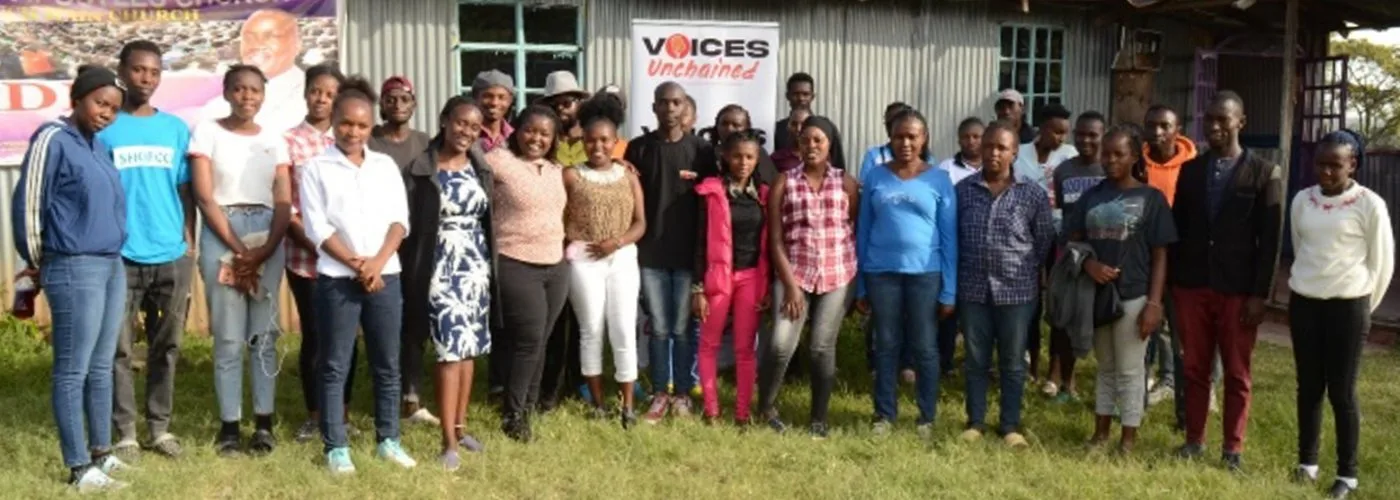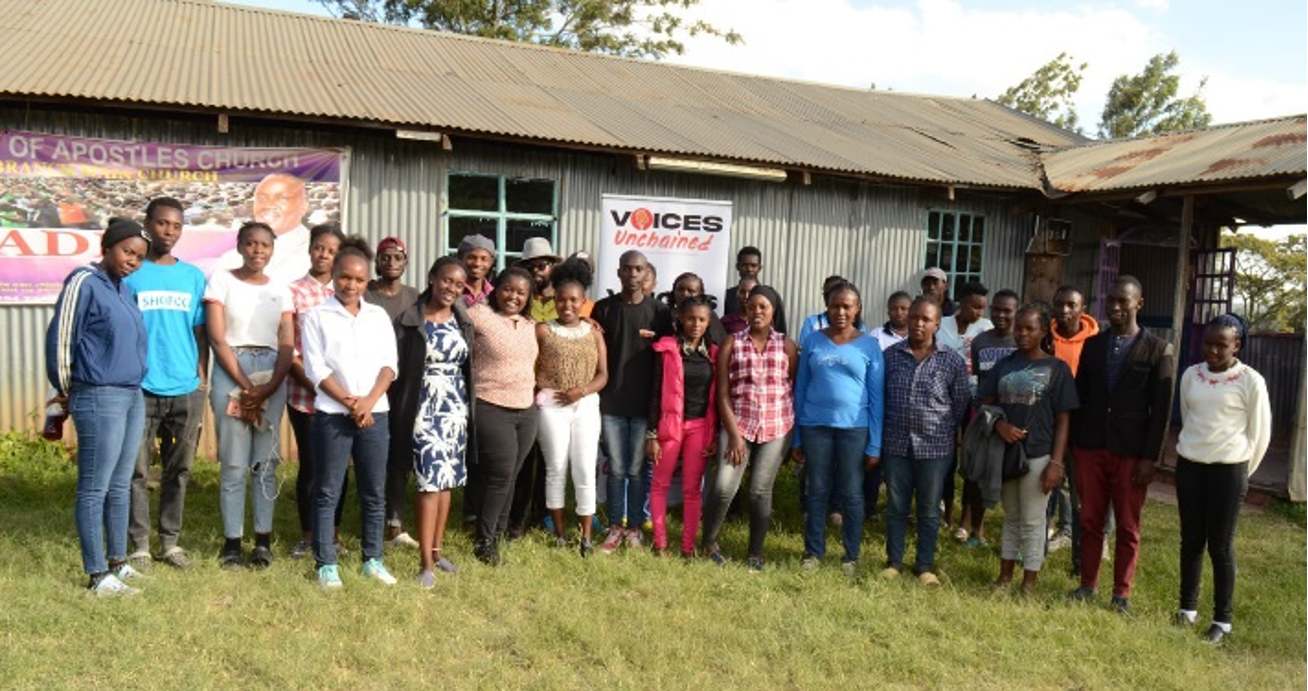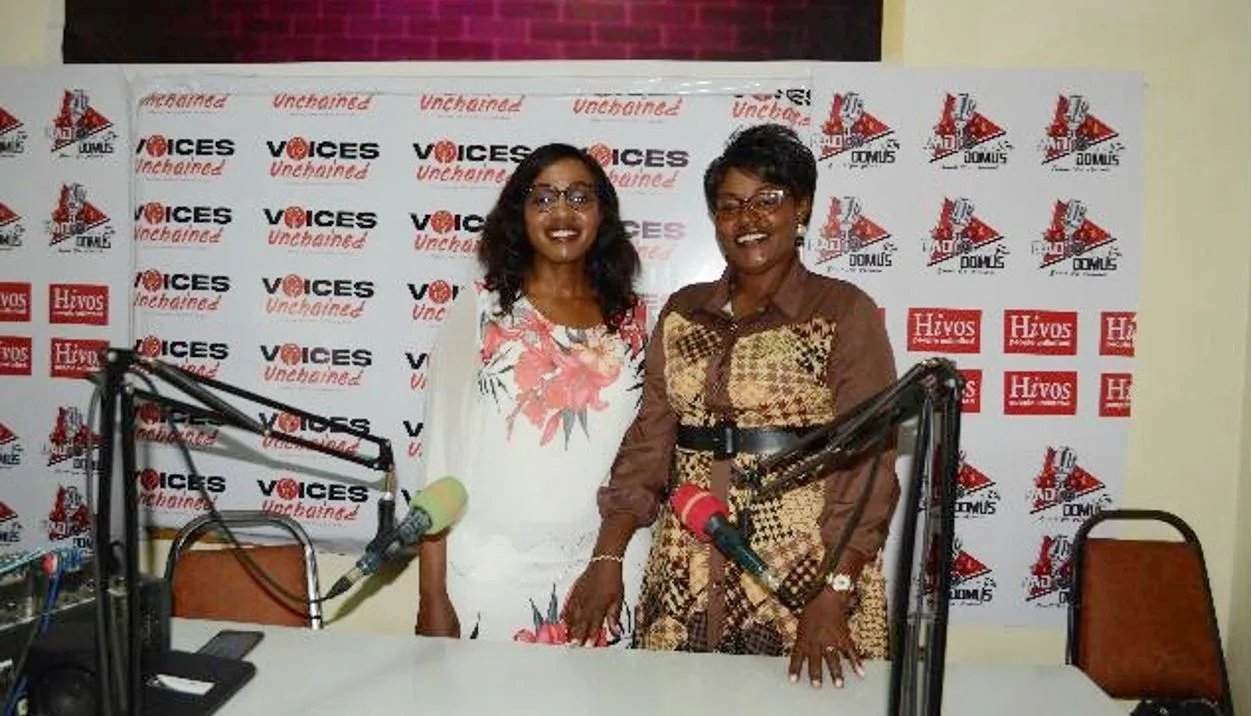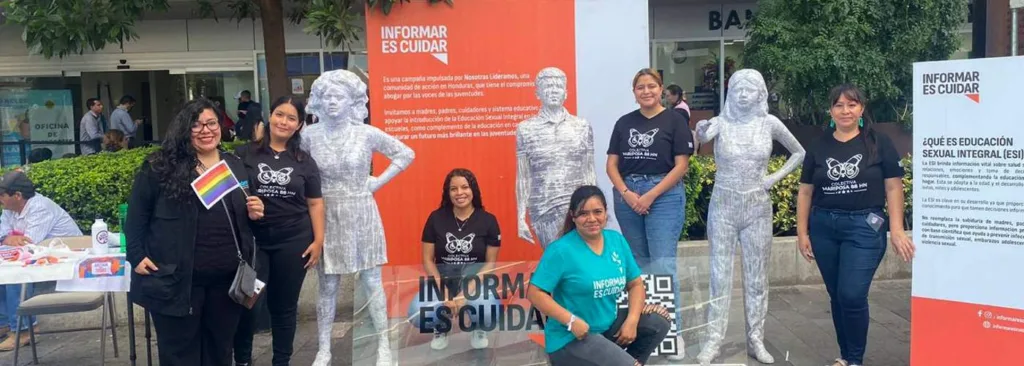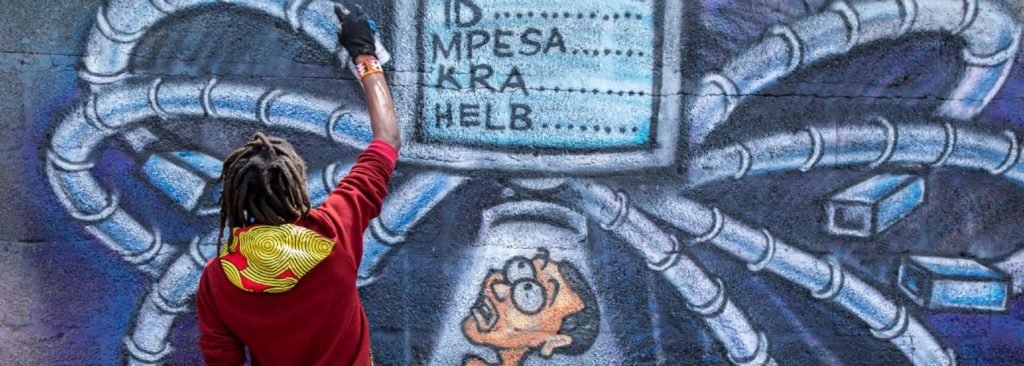In Kenya, where a staggering 75 percent of the population is under the age of 35, the potential for youth to influence the nation’s governance is immense. Yet, their voices have traditionally been silenced, stifled by a hierarchical culture that prioritizes age and experience over fresh ideas and innovative thinking. Recognizing this gap, Radio Domus FM, with support from Hivos’ R.O.O.M. project, launched the “Voices Unchained” program.
In a nutshell
“Voices Unchained” challenged the status quo, creating a safe space for young people to express themselves and engage with decision-makers. The program was varied in its approach, including on-air discussions, online forums, and on-ground events. These avenues allowed young people to connect with community elders and local political leaders, like Members of the County Assembly (MCAs), and discuss issues that mattered to them. This initiative provided a platform to reimagine and understand the country’s political history, which has often left youth feeling marginalized.
A defining moment
One of the program’s defining moments came during a town hall where Ngong Ward MCA, Mwaura Mbiriri, spoke candidly about the challenges facing young people. His words struck a chord, resonating with many who shared his frustration with the status quo.
“Our youth are our future, and it’s high time we listen to their voices. We need to move beyond empty promises and short-sighted solutions.”
These forums became vital spaces for accountability, where young people held their leaders to task. A participant at one of the events lamented the lack of leadership accountability.
“Politicians often peddle empty promises during campaign periods and fail to deliver during their mandates, leaving us with nothing to hope for but the tokens they offer.”
The pivotal role of radio
“Voices Unchained” harnessed the power of community radio, digital platforms, and grassroots forums to amplify the voices of young people across the areas around Ngong, Bulbul, Kerarapon, and Olepolos. The mission was clear: to not only provide a platform for expression, but to actively involve youth in the laws, policies, and decision-making processes that directly impact their lives.
Bonface Opany, the visionary station manager of Radio Domus FM, recognized long ago the pivotal role of radio in fostering democratic spaces and driving change. Many of the station’s programs emphasize the importance of dialogue and collaboration, principles likewise echoed throughout the “Voices Unchained” broadcasts. “Through our diverse programming, Radio Domus has become a catalyst for transformation, facilitating informed discussions and empowering youth to advocate for their rights,” Opany said.
A bridge between marginalized youth and decision-makers
The enormous impact of “Voices Unchained” is evident from the results across the Radio Domus FM’s coverage area. With its on-air talk shows, dynamic online engagement and lively on-ground forums, the project reached over 350,000 individuals on-air, and over 2.5 million on Facebook.
Moreover, it gained a notable presence in marginalized communities often overlooked by mainstream media. This is because the program created a safe space for youth expression. The live-streamed focus group discussions and town halls allowed for direct interaction between young people and leaders. This fostered dialogue, challenged assumptions, and empowered the young participants to hold their leaders accountable. Live shows included diverse youth perspectives, and the interactions on air, on social media, and in physical settings facilitated respectful discussions on sensitive topics. The project served as a bridge between marginalized youth and county government representatives, elected officials, religious leaders, and civil society.
Raising awareness about rights, responsibilities, and the role of women
“Voices Unchained” also addressed another crucial issue: raising awareness about people’s rights. It tackled misconceptions about the government’s role in job creation, emphasizing young people’s responsibility to prepare themselves for future opportunities. Live sessions consistently reminded participants of both their rights and responsibilities in the political process. This empowered them to move beyond anger and frustration toward informed dialogue and participation.
One of the episodes, titled “Reimagining Power and Representation for Gender Equality in Politics,” ignited important conversations about the role of women, particularly young women, in politics. This episode was particularly relevant to the Maasai community, where cultural norms and systemic barriers often prevent women from assuming leadership roles. Caroline Chege, a former senatorial aspirant from Kajiado County, stressed the need for awareness initiatives about the importance of women’s leadership aimed at authoritative persons. Especially the key gatekeepers and kingmakers in the Maasai community.
“We need continuous education and awareness raising among community elders and other influential figures about the significance of women’s leadership.”
“Voices Unchained” stands as a testament to the power of youth engagement in governance. By creating platforms for dialogue, raising rights awareness, and fostering unity, it has empowered young Kenyans to take center stage in shaping their nation’s future.

